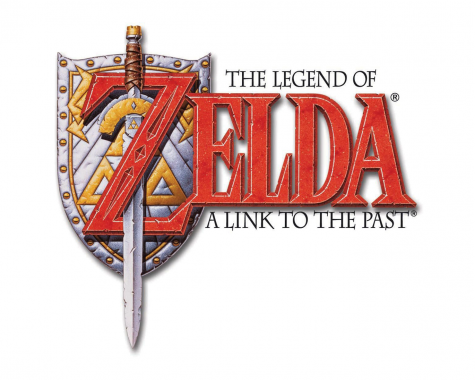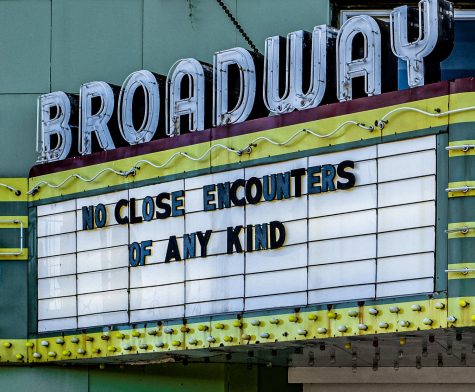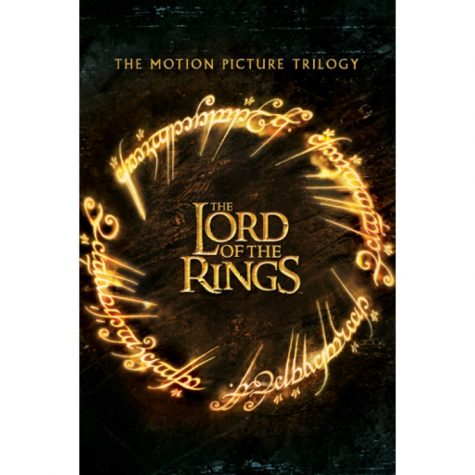The State of Award Shows
Photo Credit: Davidlohr Bueso via Flickr
January 23, 2018
In a poll to the class of 2018 this week, 75 percent of seniors voted that they either didn’t care about or cared very little about award shows. Take the Golden Globes last week. Almost no one in the form could tell you who took home best actor, director, or film because in reality the movies and series that won are not the ones that we are watching.
Award shows take on an almost meme status on social media. The substance of these shows and who won which awards has forfeited the spotlight to the pop culture buzz they generate. The mix-up at last years’ Oscars and #Oprah2020 are examples of this. Additionally, every movie seems to advertise past academy award nominations more than the actual content of the film, so they lose their ability to convince people to see them. On top of these superficial reasons, there are issues inherent to the awards that are turning viewers off. The fact that only two people in the Senior class said “Yes” to watching and caring about awards shows does not bode well for its future.
One recent problem that contributes to their low number of views is the politics that permeate every single one of these shows. It is becoming more and more common to use films as a medium by which to cry out against sexism and racism. This is at least in some sense a tradition of the Academy Awards, like when Marlon Brando sent Sacheen Littlefeather to refuse his award for the Godfather. Today’s award shows take it to a new level, leaving some still dissatisfied and at the same time many alienated. Some want to boycott the show; many just do not want to watch more politics.
The tensions between acclaim and earnings don’t help either. The movies enjoyed by younger audiences, such as films by Marvel and other big action and adventure franchises, are rarely nominated for awards. When one such movie is nominated, it is not for Best Film. It is for niche categories recognizing scores, costumes, and special effects, for which they are a shoo-in due to their enormous budgets. Looking at this years Oscar nominations, only Star Wars: The Last Jedi, Guardians of the Galaxy Vol. 2, and Beauty and the Beast were both nominated for awards and among the top ten hits of the year, and all of those nominations were in those niche categories.
What makes today’s award shows different from those of years past? Why did films like Silence of the Lambs, the Godfather, and Titanic, all solidified in pop culture win when today the award winning movies exist in the middle of the pack? The contention between “common” and “refined” tastes can begin to account for this. As mass culture extends, the majority tends to be unsympathetic towards cultural elitism and vice versa. The academy will scoff at blockbusters being the best picture, but in the end the blockbusters are the ones that make money. The 2018 Grammys are at the forefront of the fight against cultural complacency. In trying to stay relevant and “woke”, top streaming songs like “Despacito” were nominated for record of the year. They also nominated minority and female artists without sacrificing critical integrity or making it political. With the hopeful success of the Grammys, hopefully other award shows will learn how to become relevant once again.










